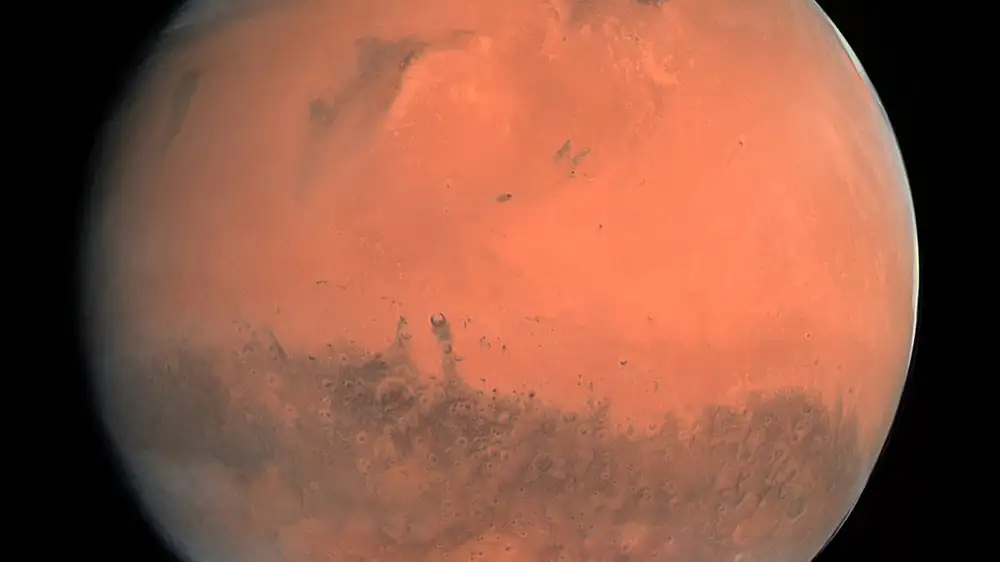Recently, during the first Ars Live event of this year, two noted space journalists joined Ars space editor Eric Berger for a discussion of NASA's future in the age of the second Trump administration.
During the hour-long discussion, Christian Davenport of The Washington Post and Joey Roulette of Reuters covered a range of issues, from uncertainty at the space agency to the likelihood of NASA sponsoring a humans-to-Mars mission any time soon.
This is an especially frenetic time in space policy. In the days since this video was recorded, President Trump canceled the longstanding nomination of private astronaut Jared Isaacman to become NASA administrator—at the time we recorded the video, Senate approval was assured, and a vote was imminent. Then Trump and SpaceX founder Elon Musk had a serious falling out, with the two trading nasty words on social media and culminating in Musk threatening to end Dragon spacecraft missions before pulling back.
"It's a fascinating time right now to be a space journalist, to do what we get to do, to write about what we get to write about at this time," Davenport said. "Everyone says, you know, journalism, it's a first rough draft of history. I believe that to be true. I think people are gonna look back at this time, 10, 20, 30 years from now, as a seminal moment."
It is indeed, with major questions about whether and how NASA will get its astronauts back to the Moon, whether China will get its first, the agency's questionable Mars plans, the loss of science funding, and the potential development of a "Golden Dome" missile interceptor system.
"A lot of people are saying that something like a space-based interceptor system is going to totally upend traditional norms of nuclear deterrence," Roulette said. "And so it creates a more unstable, shaky political environment on Earth, not just in space. Countries, of course, can assume more of a civil space part of the US program is linked to military objectives if we're being more open about it."
At present, the leading candidate to lead NASA is Steve Kwast, a former Air Force lieutenant general. His priority is the militarization of space. These are uncertain times, indeed, for the nation's civil space agency.
Please find our entire discussion in the video above, complete with a transcript.

 “Had no idea”: People are just now finding out why Benefit’s Benetint was invented
“Had no idea”: People are just now finding out why Benefit’s Benetint was invented